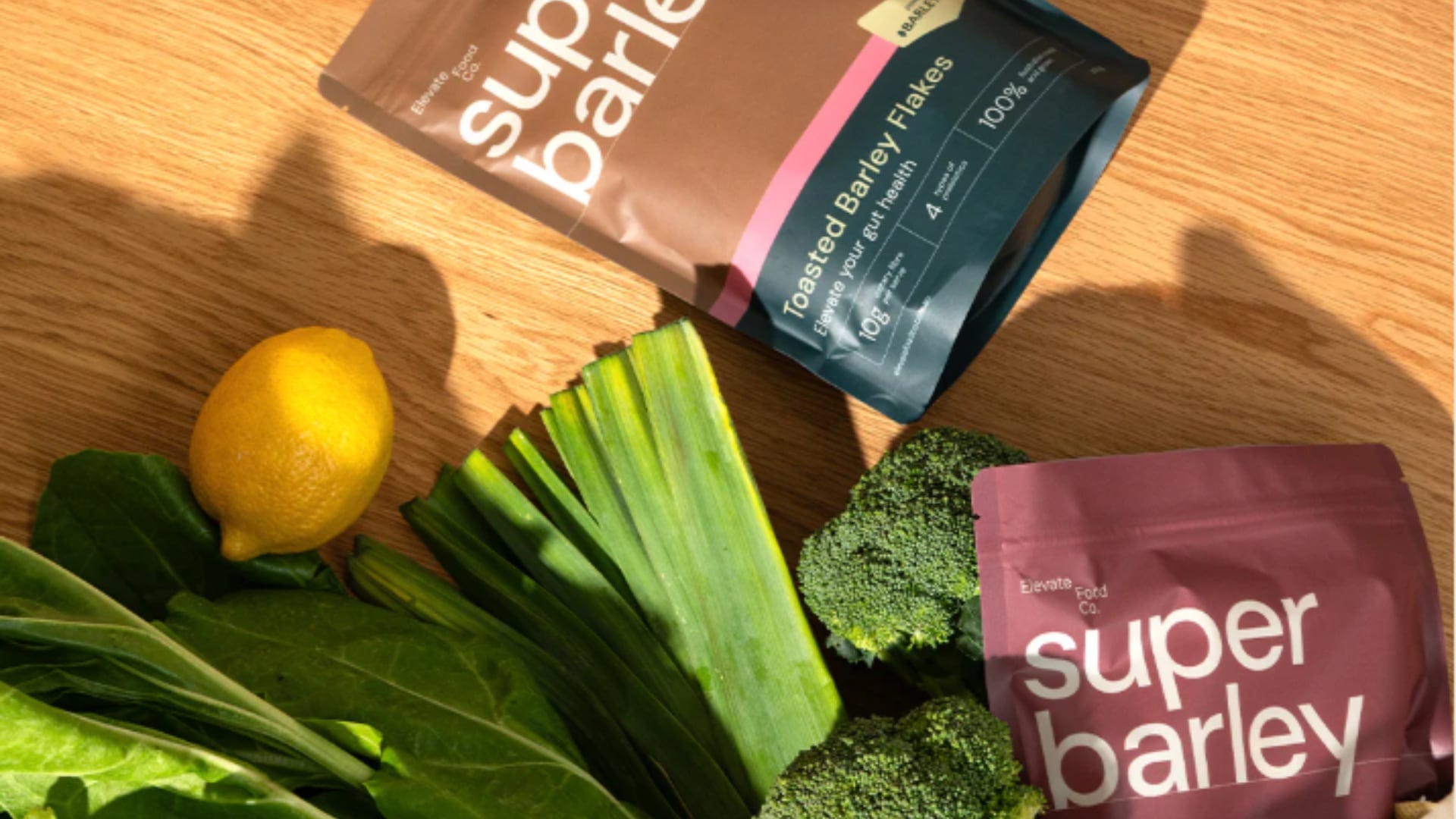A Summary of CP Foods’ ‘Food as Medicine’ Strategy
- CP Foods sees nutrition as a key investment in preventative healthcare and public wellness.
- The company is shifting from a food producer to a health and wellness brand via its ‘Food as Medicine’ platform.
- Its strategy includes four phases: safe food, guilt-free options, nutritious indulgence, and enhanced nutrition.
- Taste remains a major challenge in Asia, where consumers are highly price-sensitive but unwilling to compromise on flavour.
- CP Foods continues to invest in plant-based proteins through its Meat Zero brand, despite mixed market performance.
Preventive healthcare is the act of taking proactive measures to prevent illness and disease before they occur, including the conscious consumption of a healthy diet.
With the Asia Pacific region housing the largest global population – over 20% of which will be above 60 years of age by 2050 – the expectation is that this region will also see severe healthcare cost pressures as well as a rise in non-communicable diseases (NCDs) like diabetes and hypertension moving forward.
“What this shows us is that relying solely on healthcare is no longer going to be a sufficient solution, and we need to look towards preventative healthcare instead – and here, eating well is undoubtedly the best health investment,” CP Foods Head of R&D Nalinee Robinson told us.
“Food has an important role to play in preventative healthcare, and CP Foods is keen to expound on this and bring more awareness to consumers about this as we transition from being just a food company to also a health and wellness one.”
The firm has laid out a comprehensive strategy for this transformation based on its Food as Medicine platform, which is split into four phases.
“Phase One has been to make our food products safe and free-from, and this has already been established – we have numerous products that are recognised for such high standards such as the antibiotic-free Benja Chicken and fatty acids-enriched Cheeva Pork, not to mention our recent success in attaining space-grade safety standards for our chicken,” she said.
“Phase Two is about making our products guilt-free, and Phase Three is to give consumers nutritious indulgence via our products – both of these are our current expansion phases which we expect to achieve in the short-to-mid term, before moving to the final Phase Four of Enhanced Nutrition which we are currently building.”
In terms of guilt-free innovation, CP Foods has already launched 39 healthier food formulations impacting some 245 of its SKUs, which is around 16% of its portfolio covering ready-to-eat meals, frozen protein products and more.

These formulations are focused on lower fat content, lower sodium content, lower sugar content, higher protein content, higher fibre content and so on.
The taste conundrum
Whenever product recipe reformulation is conducted, taste remains the biggest challenge as consumers are not willing to budge on requirements in this area, particularly in Asia.
“Taste is very much king in this part of the world – consumers are not willing to compromise on this no matter what, even if the product is offered to them for a cheaper price, which is a big deal given the general price sensitivity in this market,” she added.
“This is why we are taking our time to really plan, as long-term planning is crucial to ensuring that the changes we make are acceptable to consumers plus there are still many technological gaps that need to be closed which will take time to achieve.”
Citing plant-based proteins as an example of an area which requires long-term planning, she highlighted that CP Foods still believes in the category’s potential despite its recent performance.
“Plant-based is still growing globally despite the negative reviews, with growth particularly obvious in Europe – so though we do expect more work is needed in this part of the world, alternative protein is still critical from a global context and we are continuing to grow our platform in this area,” she said.
CP Foods’ short-term alternative protein growth will be focused on its plant-based brand Meat Zero, followed by a mid-term focus on fermentation technology for natural fibres and functional proteins, then its final long-term target is to also have cultivated meat as part of its portfolio.





